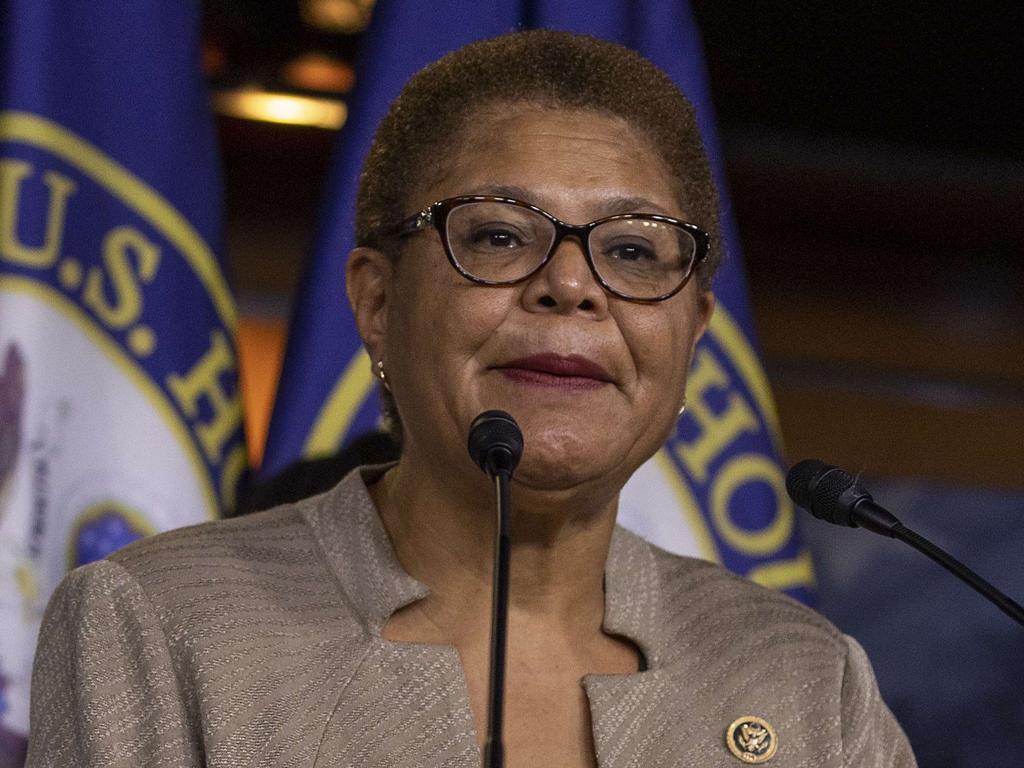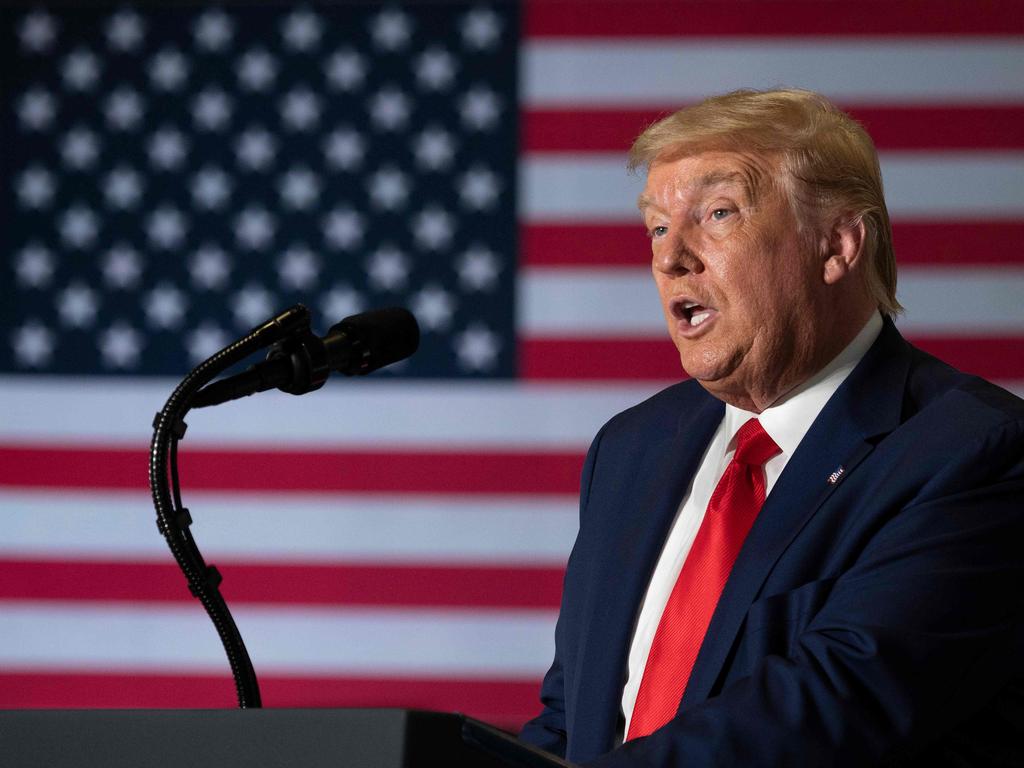
Gone was the previous incarnation of the rambling, angry president who had littered his past coronavirus briefings with statistical lies and dubious cures.
Faced with sliding polls in which two in three voters disapprove of his handling of the pandemic, Trump finally changed course and behaved more like a president.
In sober and measured tones, he spoke about how his administration was seeking to tackle the pandemic, including the steep spike in new cases in the south and west of the country.
Rather than keep pretending the country was doing great, he conceded that it was likely to get worse before it got better.
The virus breakout in states like Florida, which now sees more than 10,000 new infections a day, was no longer just a case of “burning embers” as he had previously said. Florida, he now conceded, was now in a “big tough” position. So was Texas.
Rather than portray face masks as a sign of weakness or a Republican/Democrat divide, Trump called for all Americans to wear them when they cannot socially distance. He even said it was patriotic to wear masks.
He also called on young Americans, who have fuelled the outbreaks in the southern states, to be more careful and not to crowd together in bars or other social situations.
He showed empathy by thanking frontline responders for their courage and also mourned those whose lives had been lost.
Trump said his administration was working to address the growing turnaround time for test results, and then, remarkably, conceded that he would throw more resources at testing if that was the call of his health advisers.
“If the doctors feel they should do more ... I’m okay with it,” said Trump who has previously blamed widespread testing for inflating the number of coronavirus cases.
And most importantly, Trump did not use the briefing as an excuse to deflect blame and make partisan attacks on his political opponents for their handling of the pandemic. Nor did he veer from the script during his address to give a campaign-style speech on unrelated topics.
And nor did he undermine his message by attacking the media for its questions.
He did have one bad moment, in response to a question at the end when he said "I wish her well" about Ghislaine Maxwell, who is accused of luring under aged women for the disgraced Jeffrey Epstein.
But with that exception, we saw a disciplined and focused Donald Trump for once. And his message was much more effective as a result.
Cameron Stewart is also US Contributor for Sky News Australia








It was a very different and much improved Donald Trump who delivered his first coronavirus briefing in months.